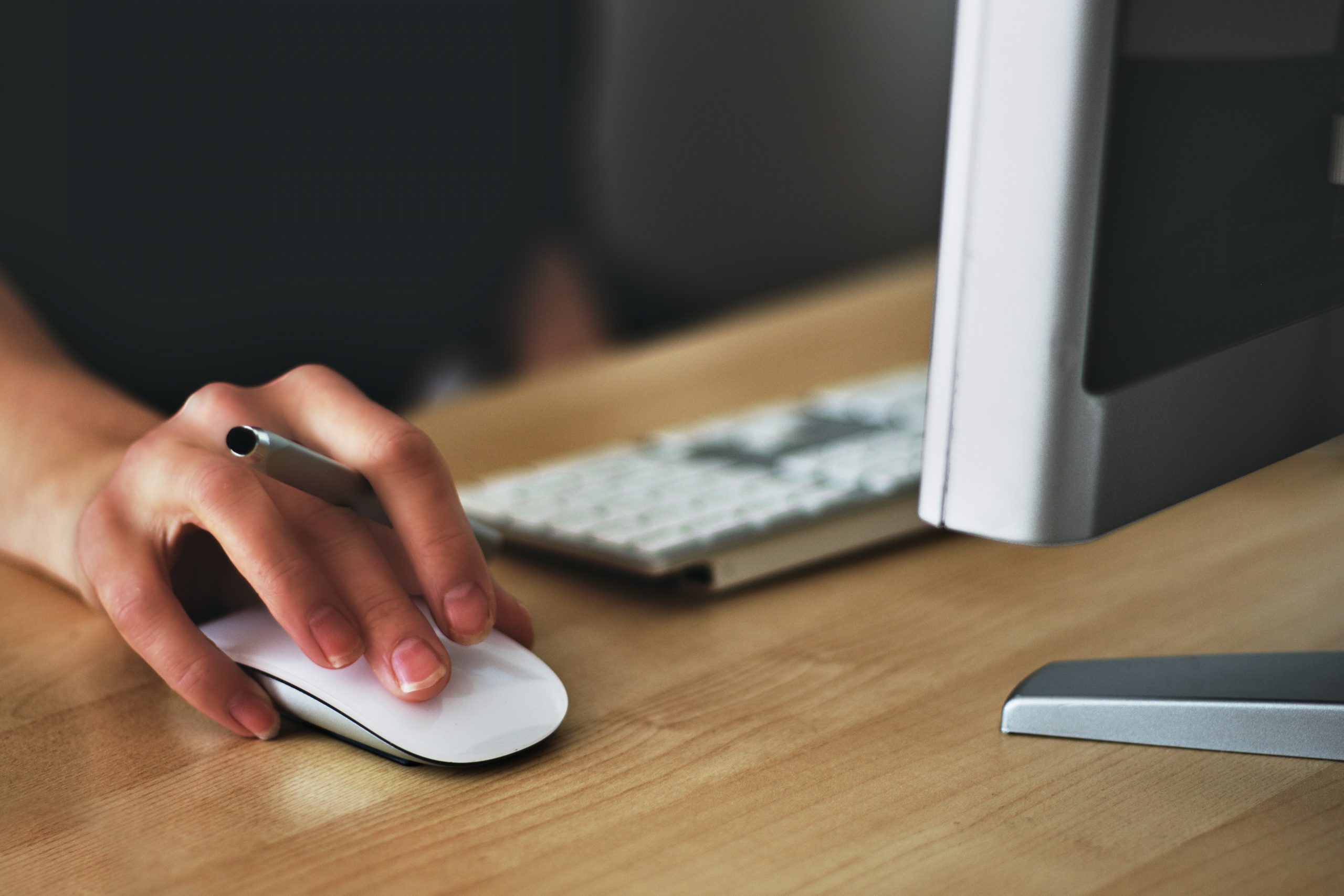A recent survey* looking into the current state of wellbeing among SME employees aimed to understand if the stresses and strains of the pandemic have left a permanent mark in the world of work, and whether hybrid working is helping or hindering matters.
The survey was conducted across a nationally representative sample of 1264 UK SME employees, asking them a range of questions covering sick leave, mental health and remote working. The data revealed that there is an ongoing pattern of presenteeism, with 65% of respondents saying they are less likely to take sick leave when working remotely.
It also uncovered workers are under pressure to appear more productive when WFH, with 42% of respondents feeling the need to prove productive and justify output when working at home. This comes with continuing to work overtime and in turn suffering from work related stress in the last three months. While balancing a company culture across a hybrid working structure is no easy task, SME leaders must address any toxic traits in their existing culture, like overworking, if they hope to maintain a healthy and productive workforce.
Key findings:
Sick leave and the presenteeism problem
65% of workers say they are less likely to take sick leave when working from home
Among those who felt unwell but didn’t take sick leave:
32% could not financially afford to take time off work
25% were too busy to do to take time off
21% didn’t want to let their colleagues down
20% felt pressured to work through it
It could suggest there’s a severe lack of benefits in place to cater for employee wellbeing, as 72% of SMEs do not offer wellbeing days
Despite over a third (35%) of workers reporting wellbeing days would be helpful
The increased pressure to be seen and heard
Hybrid working methods are not alleviating stress levels for all employees, as a lack of direct visibility prompts 44% of workers to make themselves be ‘seen’ more when working from home
Working from home increases pressures to be more productive and justify output (for 42% of workers)
Almost half (47%) of SME workers said they would be less likely to take a lunch break while working at home, a small signal towards the blurred boundaries of remote working if left unclear by employers
Additional findings:
Culture problems: workers feeling pressure to continue working despite feeling unwell
One fifth (21%) of employees don’t want to let ‘colleagues down’ by calling in sick
A quarter of workers (25%) reported they were ‘too busy’ to take a sick day
41% of workers said their symptoms weren’t bad enough to take sick leave
More to be done to improve conditions – 36% of SME workers reported mental health issues in the past three months
Taking matters into their own hands to ease the strain of this, an eighth (12%) of workers have taken sick leave for mental health reasons
Working from home works – but not for everyone
Two thirds (67%) of SME workers say working from home improves their work-life balance
However, 54% report they are still more likely to work longer hours than usual
Almost half (48%) of SME employees are offered flexible working, but 27% are not offered it but would find it the most useful benefit
Rachel King, UK General Manager, Breathe commented: “The benefits for mental and physical wellbeing that come from a flexible approach to work patterns have been widely discussed but are still so important. Flexible working can positively impact physical, mental and financial wellbeing. That said, working from home has proven effective for many people, but crucially not for all. It’s often the case that people find themselves working longer hours and taking less sick leave, under pressure to be seen as super productive when working remotely. Employers should look for ways to tackle the ‘always-on’ ethos and habits that have crept into remote working culture. Focusing on creating a culture that supports flexible working as standard can benefit teams and improve productivity if handled intentionally.”
Lizzie Benton, Company Culture Coach & Founder at Liberty Mind added: “As a business, your attitudes, behaviour, and beliefs will all ultimately present to people what you truly think about employee wellbeing. If people are feeling unseen and pressured to work through illness, that’s really not a good sign. Now is not the time to ignore your culture and the true ripple effect it has on your people. After two years of momentous life changes, employees across the UK are considering whether where they work is adding to their life or taking something away. That’s why it’s important to put your people first when making decisions that impact them both personally and professionally. Creating a positive healthy company culture is ongoing work and it’s a choice that will benefit your business in the long run.”
*Breathe







